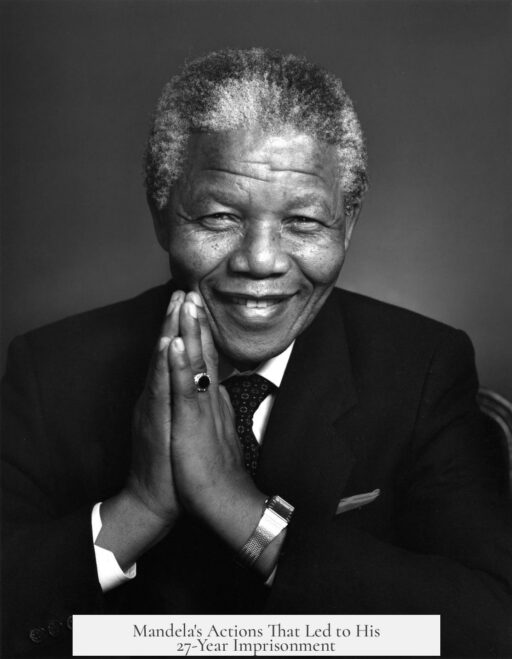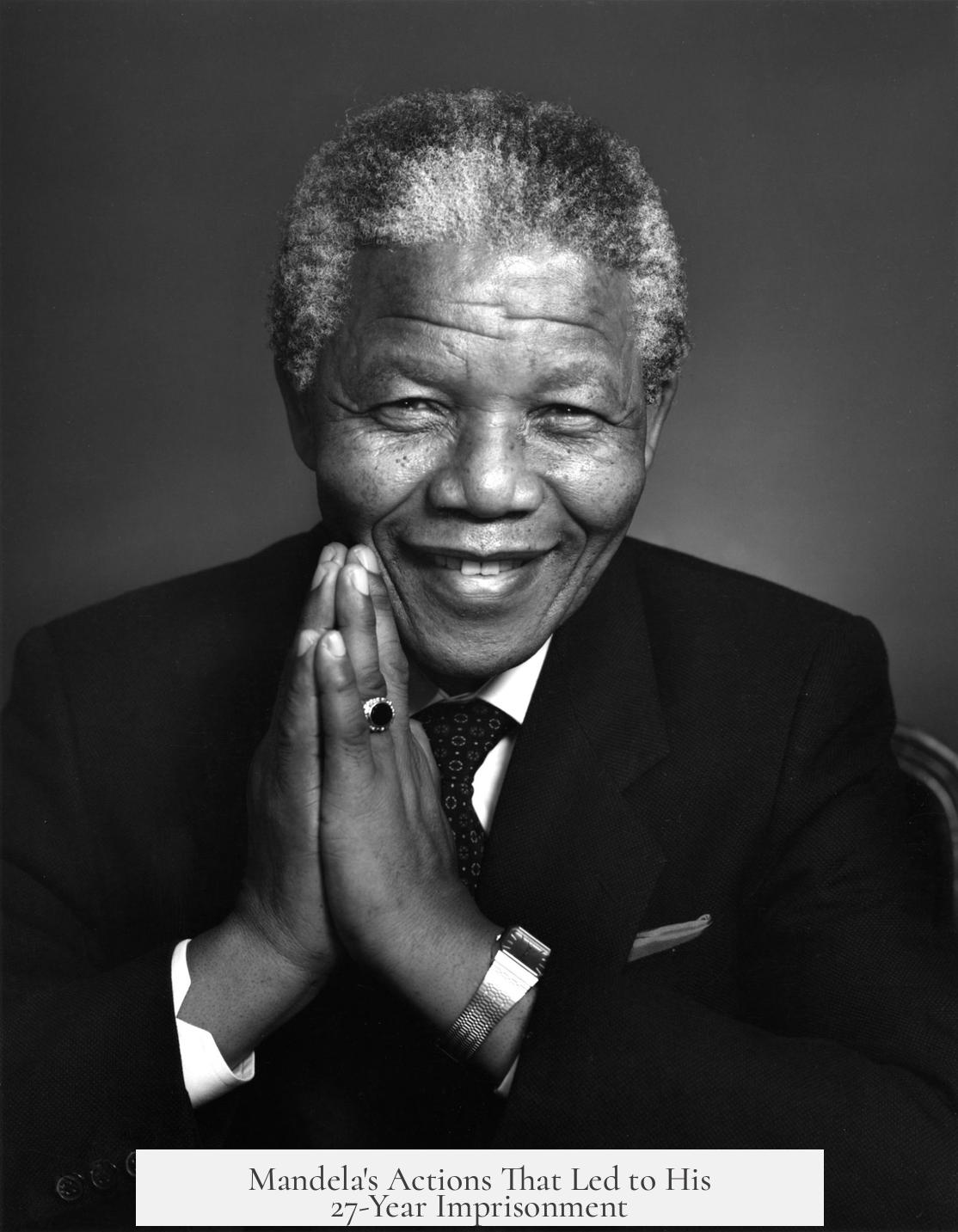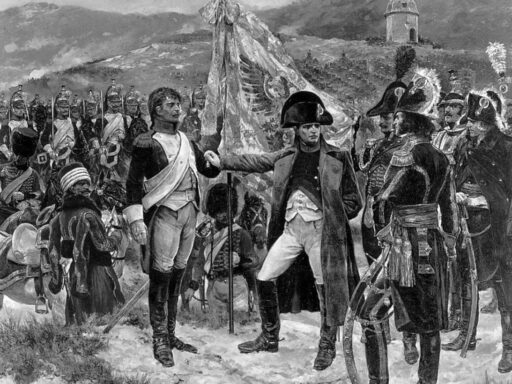Nelson Mandela was jailed for 27 years chiefly due to his role in founding and leading Umkhonto we Sizwe (MK), the armed wing of the African National Congress (ANC), which engaged in sabotage against apartheid-era government and military targets.
Mandela initially committed to non-violent protest. The shift toward armed resistance followed the Sharpeville Massacre in 1960, where police killed 69 peaceful protesters opposing pass laws. This event convinced Mandela and others that peaceful protests were inadequate.
In 1961, Mandela co-founded MK, intending to sabotage infrastructure rather than cause human casualties. Their early attacks targeted electricity substations and government buildings. Mandela described sabotage as “the least harmful form of violence” aimed at fostering future racial reconciliation.
Before imprisonment, Mandela and MK conducted several bombings. Mandela himself traveled underground and gained limited military training in Ethiopia, preparing for this armed struggle.
Mandela was first charged during the 1956 Treason Trial, where he and other anti-apartheid activists faced charges of treason. The trial ended without convictions, and Mandela was acquitted.
In August 1962, authorities arrested Mandela for leaving South Africa illegally and inciting workers to strike. Later, he faced charges at the Rivonia Trial (1963–1964), accused of sabotage and conspiracy to overthrow the government.
During the Rivonia Trial, Mandela gave a powerful speech from the dock. He justified the decision to resort to sabotage, emphasizing the commitment to majority rule and non-racialism, and rejecting the “terrorist” label.
The court convicted Mandela and other leaders of MK, sentencing them to life imprisonment. Mandela served most of his 27 years on Robben Island, enduring harsh conditions but remaining a symbolic leader for the anti-apartheid cause.
MK’s operations became more violent throughout the 1970s and 1980s, with some attacks targeting civilians. However, evidence suggests Mandela had limited direct involvement in these later acts from prison. MK operated largely independently from exile, with little influence from Mandela during his incarceration.
| Key Events | Details |
|---|---|
| Founding of MK | 1961, armed wing designed for sabotage after Sharpeville Massacre |
| Treason Trial (1956) | Mandela acquitted, no conviction |
| Arrest (1962) | Illegal exit, incitement charges |
| Rivonia Trial (1963-64) | Sabotage, conspiracy charges; sentenced to life |
| Sentencing | 27 years mainly on Robben Island |
Mandela’s imprisonment was directly connected to his leadership in organizing armed resistance against apartheid government facilities. His actions marked a clear shift from non-violent civil disobedience to sabotage as a tactic.
- Mandela co-founded Umkhonto we Sizwe (MK) to fight apartheid through sabotage.
- MK attacks targeted infrastructure, not civilians initially.
- He faced earlier treason charges but was acquitted in 1956.
- He was arrested in 1962 for incitement and illegal travel.
- The 1964 Rivonia Trial convicted him of sabotage and conspiracy.
- Mandela justified sabotage as a necessary last resort.
- His 27-year sentence resulted from these acts and leadership.
- Later MK violence was largely independent of Mandela’s prison influence.




